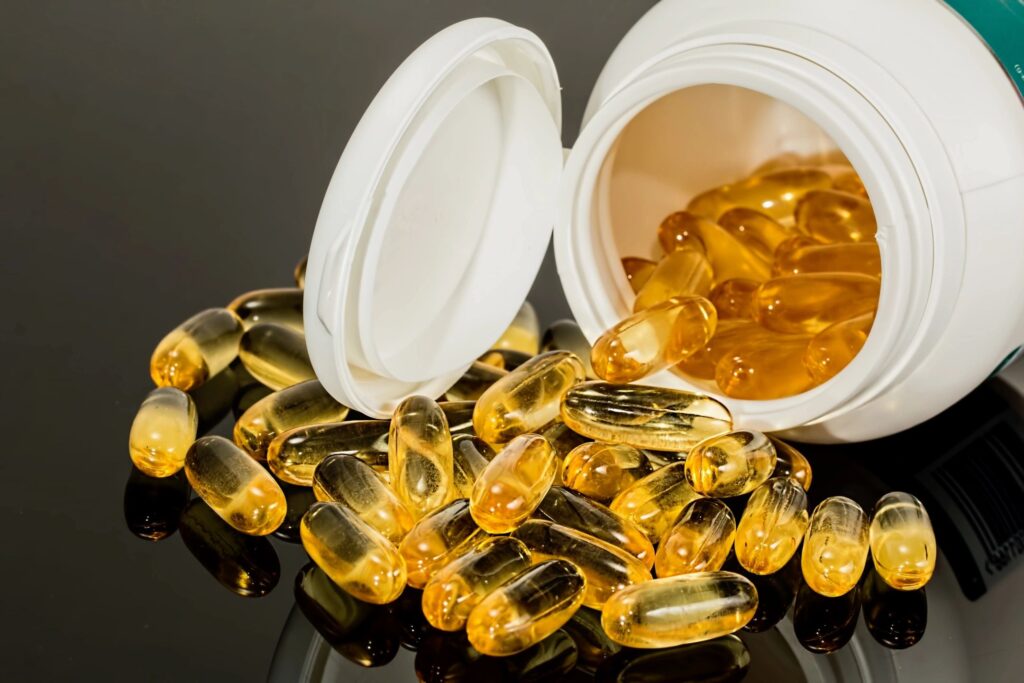You’ve probably heard the buzz about probiotics and prebiotics—it’s like a health revolution for your gut. And honestly, who can blame the excitement? There’s fresh research popping up all the time, highlighting the awesome ways these little wonders can boost our gut health. But let’s keep it real for a moment—navigating through this sea of information online can feel like trying to find a needle in a haystack. Seriously, it’s like everyone’s just trying to sell you the latest supplement without even a nod to the good ol’ ways of getting these goodies straight from the source—our food!
Now, don’t get me wrong. Embracing modern solutions and supplements can be great, but there’s something so easy about going back to basics. In the midst of flashy ads and clickbait, let’s dive into the reality of probiotics and prebiotics.
What are Prebiotics and Probiotics?
Probiotics aren’t just any bacteria – they are the rockstars of our digestive system. Remember how bacteria used to get a bad rap? It turns out, not all bacteria is bad. In fact, certain bacteria are absolutely critical to our survival. Bacteria synthesizes vitamins and digests food. They also keep our immune system healthy.
Now let’s talk prebiotics. These are like the VIP backstage passes for your probiotics. They’re plant-based sugars that provide a buffet of nourishment for those active probiotics.
What are Probiotic and Prebiotic Foods?
Many foods that are considered probiotics are fermented. But, not all fermented foods are probiotics. And not all probiotics are fermented foods.
Imagine this: bread, beer, wine, and distilled alcoholic beverages are made by fermentation. But the live bacteria? They often get the boot, thanks to filters and heat. For the true probiotic title, you gotta have live bacteria! Oh, and if you’re curious about fermented foods, check out the article The 6 Surprising Health Benefits of Eating Fermented Foods.
Probiotic foods work to increase the beneficial gut bacteria. They’re the reason behind smoother digestion, top of the line immune function, and relief of digestive problems. Probiotics are in foods like cultured dairy products such as yogurt kefir, miso, and tempeh. And don’t forget about the fermented vegetables- sauerkraut, olives, pickles, and kimchi.
Hold up, though- fermented vegetables are only a true probiotic food if they are fermented in salt, not vinegar. To spot the difference, look for the words “naturally fermented” on the label. There will also be bubbles in the liquid when you open the jar. Probiotics will typically be in the refrigerated section of the grocery store.
So, where do you find these prebiotics? Most prebiotics are a type of dietary fiber. However, only soluble fiber is a prebiotic. Say hello to onions, bananas, asparagus, leeks, avocado, and legumes. When you think of soluble fiber, think “soluble in water. It forms a gel-like substance in your digestive tract. The fiber cannot digest without the help of probiotics, which work to break it down.
Not currently eating many prebiotic foods? Your gut might need a little time to adjust to these newcomers. Start by eating small amounts as you allow the gut to adapt. And if things get wonky, try giving those prebiotics a little heat as heat often helps those with issues eating prebiotics.
What about Supplements?
Now let’s talk about the food watchdog in town – the Food and Drug Administration (FDA), the gatekeeper of our food. While these guys make sure our food goes through a rigorous evaluation dance, when it comes to supplements, it’s like a whole new ball game. The FDA does not regulate supplements. This means we are often left in the dark about the quality and content of those bottle promises.
What this means for you, is that one probiotic supplement may be drastically different from another probiotic supplement. Some supplements have 100 million different types of bacteria in each serving. Others have 1.8 trillion!
There is a strong chance the exact information on a supplement is not correct. There may also be quality issues. However, while there is a lack of research on probiotic supplements, they are considered generally safe. But always talk with your doctor before taking any supplements.
